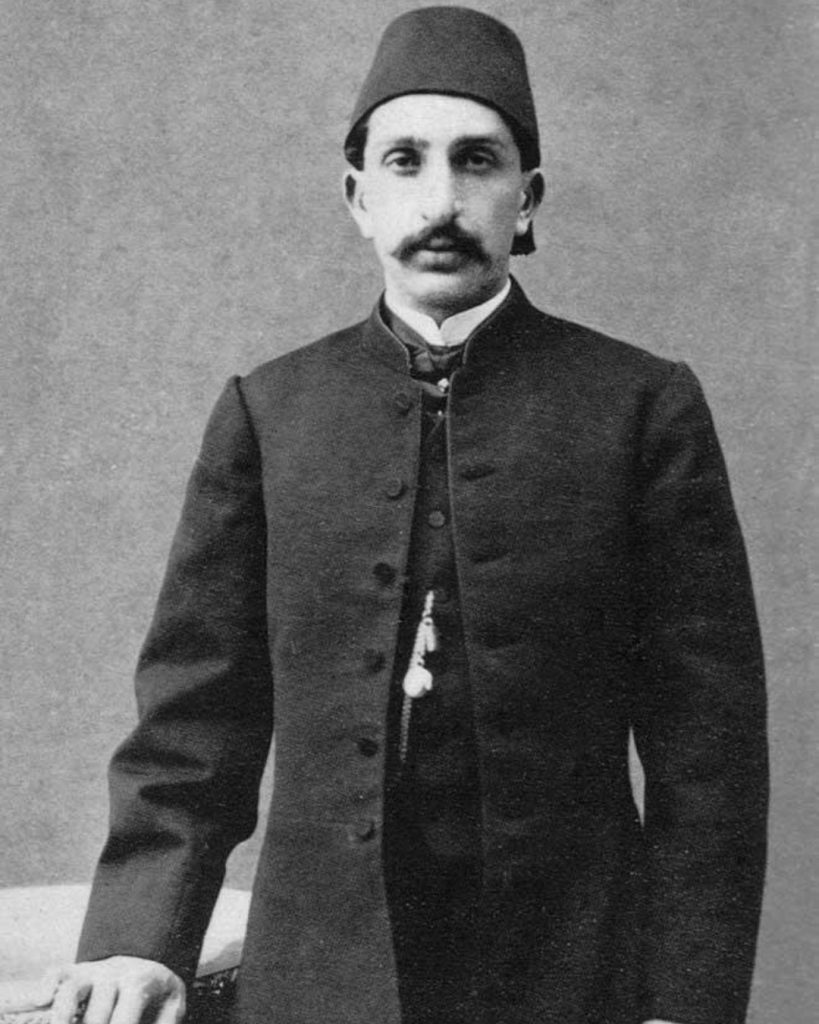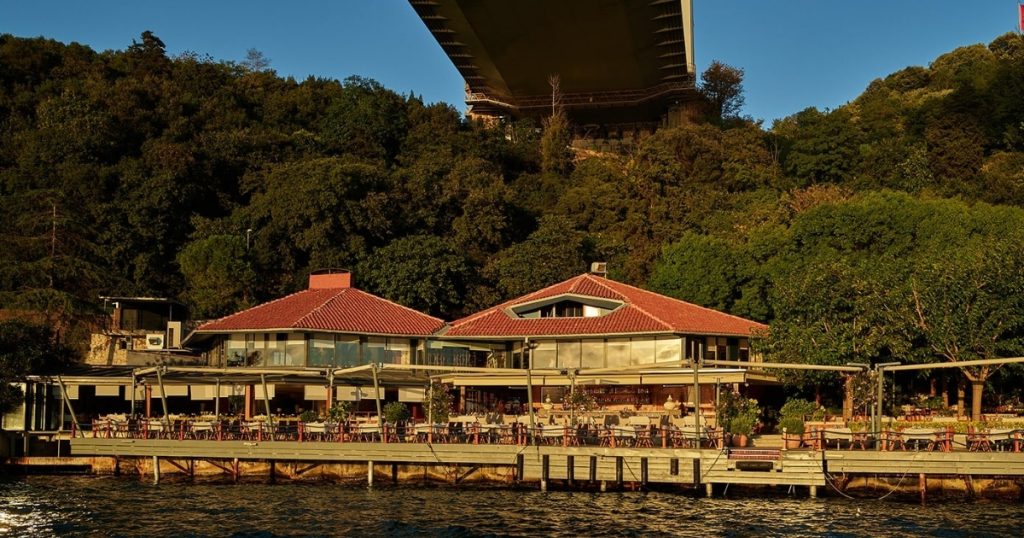Sultan II Abdülhamid ruled the empire through the Hafiye Teşkilatı (Spy Network), his “unseeing eyes and unhearing ears.” This vast and complex intelligence network, which he personally managed from Yıldız Palace, was not just a security measure but also the Sultan’s most important political tool, enabling him to maintain his absolute authority by monitoring the Bâb-ı Âli bureaucracy, the army, and even his own pashas. This system, through which thousands of intelligence reports called “jurnals” flowed to the palace daily, laid the foundations of modern Turkish intelligence while also creating a profound climate of suspicion, fear, and paranoia in society.
Politics and state administration in the Dolmahçe era ->

Why Was an Intelligence Network Needed?
The deep-seated distrust stemming from the circumstances of his accession to the throne lies at the heart of Sultan II Abdülhamid’s emphasis on intelligence and the spy network system.
- Coup Trauma: He had witnessed the depositions of his uncle Sultan Abdülaziz and his brother Murad V through [Link: military coups -> /anayasayi-yazan-adam-mithat-pasanin-yukselisi-ve-trajik-dususu]. This taught him not to trust even the pashas closest to him or the army.
- Young Turk Opposition: Constitutionalist opposition groups like the Young Turks, who fled to Europe and formed committees to overthrow the Sultan, posed a constant threat both at home and abroad.
- Activities of Foreign States: The activities of the Great Powers (Britain, Russia, France) in inciting minorities within the empire and conducting espionage for their own interests were a serious danger to the survival of the state.
For these reasons, Sultan II Abdülhamid deemed it necessary to establish an intelligence network composed of people whose loyalty he was certain of, directly bağlı to him, rather than trusting traditional state institutions. His aim was to receive news of any plot or threat before it could even sprout and to prevent it.
Journey into the Heart of the Era
History is more than a timeline of events. It is a tapestry woven from the ambitions of pashas, the whispers in the Harem, the strokes of a painter’s brush, and the secret reports of spies. The Dolmabahçe Journal takes you behind the grand narrative, into the very lives that defined an empire’s gilded twilight.
DISCOVER THE ERA OF TRANSFORMATION →
The “Jurnal” System: Information Flowing to the Palace from Every Corner of the Empire
The backbone of the spy network Hafiye Teşkilatı was the intelligence reports called “jurnals.” Thousands of people from every corner of the empire and from all social classes worked as the Sultan’s “hafiyes” (secret agents). These spies could be pashas, civil servants, soldiers, tradesmen, imams, and even members of the Sultan’s own family.
The duty of the hafiyes was to secretly report to the palace any word they heard against the Sultan and the administration, any meeting they found suspicious, or any person they deemed suspect. These jurnals were summarized for the Sultan by the Mabeyn Clerks and presented to him daily. Sultan II Abdülhamid would read these reports with great care, compare information from different sources, and shape many of his policies, from state appointments to military decisions, based on this intelligence. For example, he could use a jurnal about a governor’s corruption to dismiss that governor. This system gave the Sultan the ability to learn about and intervene in an event even in the most remote corner of the empire instantly.
A Tool of Control and a Source of Paranoia
The Hafiye Teşkilatı(spy network) was undoubtedly an effective tool in protecting the Sultan’s authority. Many coup attempts and assassination plots were thwarted by being discovered in advance through this network. The domestic structures of the Young Turk committees were largely dismantled. The system was one of the most important factors that allowed the Sultan to remain on the throne for 33 years.
However, this success came at a heavy price. The jurnal system created a climate of fear and paranoia throughout society.
- Atmosphere of Distrust: Since it was unknown who was a hafiye, no one could trust anyone else. People became afraid to discuss political matters or criticize the Sultan even in their own homes. Neighbors informed on each other, and brothers on brothers.
- False Reports: There were also those who used the system for their own personal gain. A civil servant could have his disliked superior purged by falsely reporting that he “spoke against the Sultan.” This led to countless innocent people being unjustly exiled or imprisoned.
- Collapse of Intellectual Life: The strict censorship imposed on the press and the fear of spies almost completely destroyed free thought, criticism, and intellectual production.
After the declaration of the Second Constitutional Monarchy in 1908, one of the first things the public did was to raid Yıldız Palace, the center of this empire of fear, and burn tens of thousands of jurnals.
Figures of an Era: The Shapers of Transformation
The spies, the pashas, the revolutionaries… The late Ottoman era was a chessboard of powerful figures. Meet the key players who defined this age of intrigue and transformation.
MEET THE FIGURES OF AN ERA →
A Double-Edged Sword of Intelligence
In conclusion, the spy network Hafiye Teşkilatı established by Sultan II Abdülhamid is the most characteristic and effective institution of his absolutist style of rule. These “unseeing eyes” were a force that enabled the Sultan to rule the empire from a room in Yıldız Palace, preventing conspiracies and consolidating his authority. However, at the same time, it was a paranoia machine that enveloped society in a web of fear and distrust, destroying justice and free thought. While the spy network Hafiye Teşkilatı laid the foundations of modern intelligence, it also provided the first historical example of how dangerous an intelligence state can be.
The Archives Await
The story you’ve just read is a single thread in a rich historical tapestry. The Dolmabahçe Journal holds countless other narratives of art, power, and transformation waiting to be discovered.
READ MORE FROM THE JOURNAL →





















